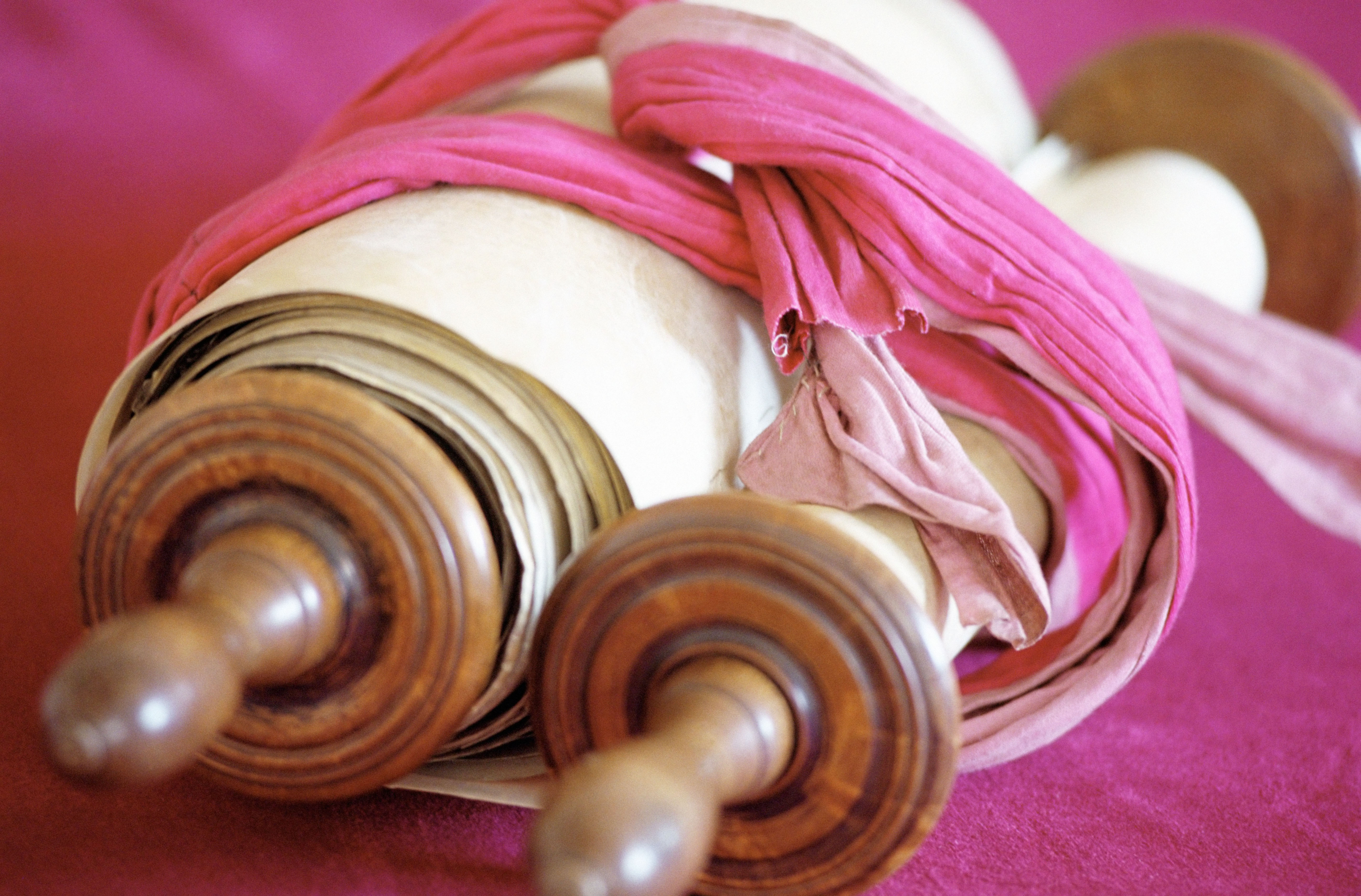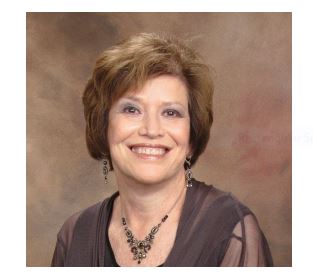
Parashat Vayeira has many facets and stories with multiple opportunities for thought, discussion, and learning. Our current and ongoing issues about relationships, women’s roles and rights, family matters, and behaviors of people in their communities once again remind us that each parashah holds a myriad of lessons for us today.
So, let’s consider the issues found in Parashat Vayeira:
1. Sarah laughs when she overhears the visitors (or angels) telling Abraham that she will bear a child. Her laughter is heard.
2. G-d and Abraham negotiate regarding the possible destruction of Sodom and Gomorrah
3. Lot’s daughters deceive him. Lot’s wife is ultimately punished and becomes a pillar of salt because she defies orders and “looks back.”
4. When Sarah and Abraham visit Abimelech, Abraham introduces Sarah as his sister. Sarah spends time in Abimelech’s harem but is returned to Abraham. This is a difficult situation.
5. Sarah’s handmaiden, Hagar, whom Sarah gave to Abraham, had given birth to Ishmael.
6. Sarah sees her son Isaac being teased and his future possibly threatened by Ishmael and asks Abraham to banish both Hagar and Ishmael. Abraham is advised to “listen to Sarah” and acts accordingly
7. Hagar and Ishmael are in the wilderness, where Ishmael suffers and
G-d (or his messenger) tells Hagar to “open her eyes.” She learns that Ishmael will become a leader of people. Ishmael is in her care.
8. G-d tests Abraham asking him to sacrifice Isaac. Abraham is about to comply but is given a reprieve in yet another test by G-d.
9. Sarah does not accompany Abraham when he plans to sacrifice Isaac but is grief-stricken by the possibility, and that grief likely caused her death.
Let us consider the roles of women then and now. Sarah is a dutiful, aging wife who has not borne a child to her husband. She laughs when she overhears messengers telling Abraham that she will bear a child after all those years of childlessness. It is likely that she was surprised, even shocked, and responded aloud. She gives birth to Isaac and is a concerned mother and wife.
Typical of the times, servants or handmaidens bore children who became a part of the “family.” We have all witnessed older siblings tease their younger siblings. How this teasing is managed is essential. Sarah sees Ishmael as an ongoing threat to Isaac and wants that threat removed. Abraham is told to listen to his wife. Hagar and Ishmael are banished without options.
Sarah has protected Isaac in the way that suited her situation. Isaac eventually follows his father as a leader of his people. Sarah believed that she was being a good mother. Our Torah tells us that while she or the adults involved may have handled this situation better, she ensured the future for her child and, possibly, in a way, for the Jewish people.
While in the throes of this banishment, Hagar is probably frightened and listens to her son in distress. G-d hears their cries and tells Hagar to “open her eyes” to take care of Ishmael and that Ishmael will become a great leader in his upcoming life. Hagar is not to fear for their future. While we do not read more about their lives, we eventually come to understand that Ishmael becomes the leader of Islam. In and of itself, this has proved to be of ongoing importance to how diversity and history affect us all. And Hagar can protect Ishmael by being aware and open.
Relationships of and between women remain of great concern today. Women’s rights are challenged in the home, workplace, and political circles. Women confront one another, not always agreeing, but possibly affecting or effecting positive progress. The word of a woman may face greater scrutiny, particularly when a woman comes forward with information about the behavior of a man or others. We continue to wonder why this happens and what we can do about it!
Right now, women have opportunities to make a difference in every aspect of life: in our families, communities, country, and the world. Perhaps, it is not our obligation to finish this work, but it is our responsibility to act, participate, stand strong, and work together within the various opportunities to repair our world. It would appear that a major effort must continue to ensure the rights and opportunities of all women, and hope that G-d listens and guides us as we do the work of Women of Reform Judaism and other groups who share our values, visions, and goals. We do have options and opportunities not available to our foremothers. Women are raising their voices to affect change and create or increase opportunities for themselves, their families, and what we care about. Perhaps, we can or do represent the voice and ears of G-d as we repair our world as Women of Reform Judaism do best together.
Related Posts

Parashat Yom Rishon shel Rosh HaShanah

Cultivating a Culture of Accountability and Belonging


